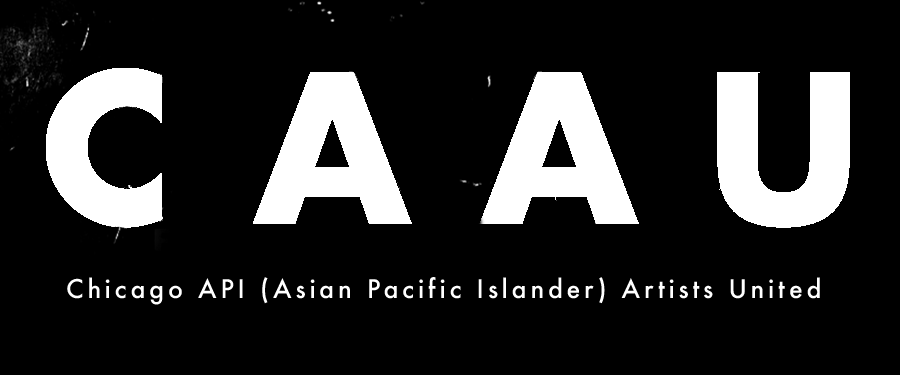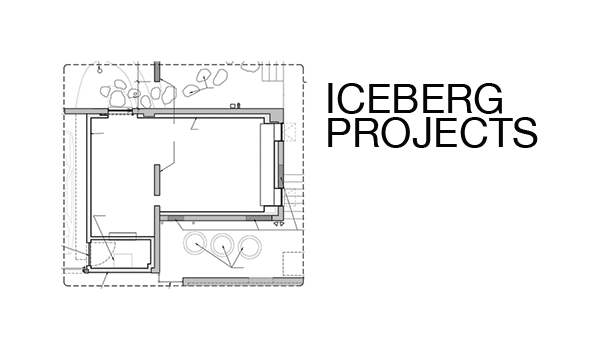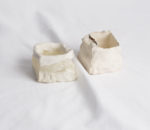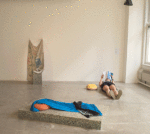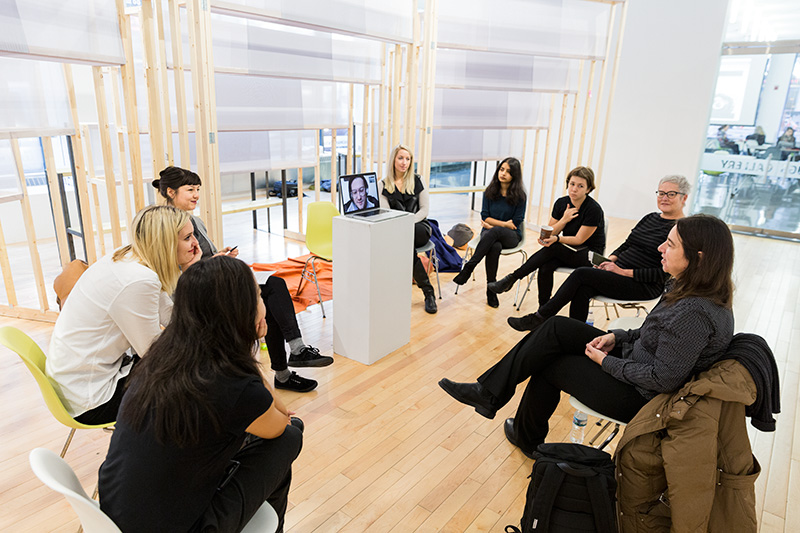bio
Maggie Wong (b.1988, Oakland, CA) is a visual artist and educator attuned to materiality and sculpture’s disciplinary capacity to articulate social space. With an eye toward post-minimalism, Maggie pursues where love undergirds study and touches political, familial, social, and sculptural forms. As a teacher, she is interested in the interplay between informal and experiential education amidst formal art ecologies. She holds an MFA from the School of the Art Institute of Chicago (SAIC) and recently worked as the Educator-in-Residence at the Luminary and a lecturer at SAIC. Her exhibition history includes exhibiting at the Chinese American Museum of Chicago, Iceberg Projects, Mana Contemporary Chicago, Comfort Station, Annas Projects, take care (LA), Temple Contemporary, YBCA, and 99cent Plus, while her work has been written about in The Chicago Reader, ArtForum, and Sixty Inches from Center. Her writing has been published by Yale University Press, Viral Ecologies, and the Journal of Art Practice.
Statement:
Through creative research and sculptural investigation, my creative life is drawn from the contours of political exposure I experienced as a child of revolutionary communists who believed in self-determination and cast identity politics into shape. I begin with how my parents’ work travels through me and the objects they leave behind. My sculptural practice accounts for the extra-sculptural possibilities of objects and archives. I work with objects that hold networks, intimacies, socio-political life, and radical family constructions.
By way of collage, assemblage, and installation, my work deconstructs to build meaning like a stack of toy blocks, assembling and falling into a relational history rather than a fixed narrative. This approach acknowledges the impossibility of articulating an entire cultural or political inheritance, embracing Angela Davis’s idea that “legacies of past struggles are not static.” I am interested in offering a space to enthusiastically misremember legacy, tuning into affect to pursue movement over stagnant stasis.
Three recent projects recast inherited politics. “I made us a paperweight” captures my mother’s changing political consciousness by reproducing her marginalia in revolutionary books. “UNITY,” a series of prints and installations, explores childcare experiences amidst the publishing work of the League of Revolutionary Struggle (M-L), my parents’ multi-racial communist organization. “UTENSIL” is a work that extends beyond archival impulse into living camaraderie by casting my collaborators’ gestures into utensils. When installed, the objects rest between written performance prompts that enact feminist facilitation, such as feeding one another in fellowship with materials and each other.
